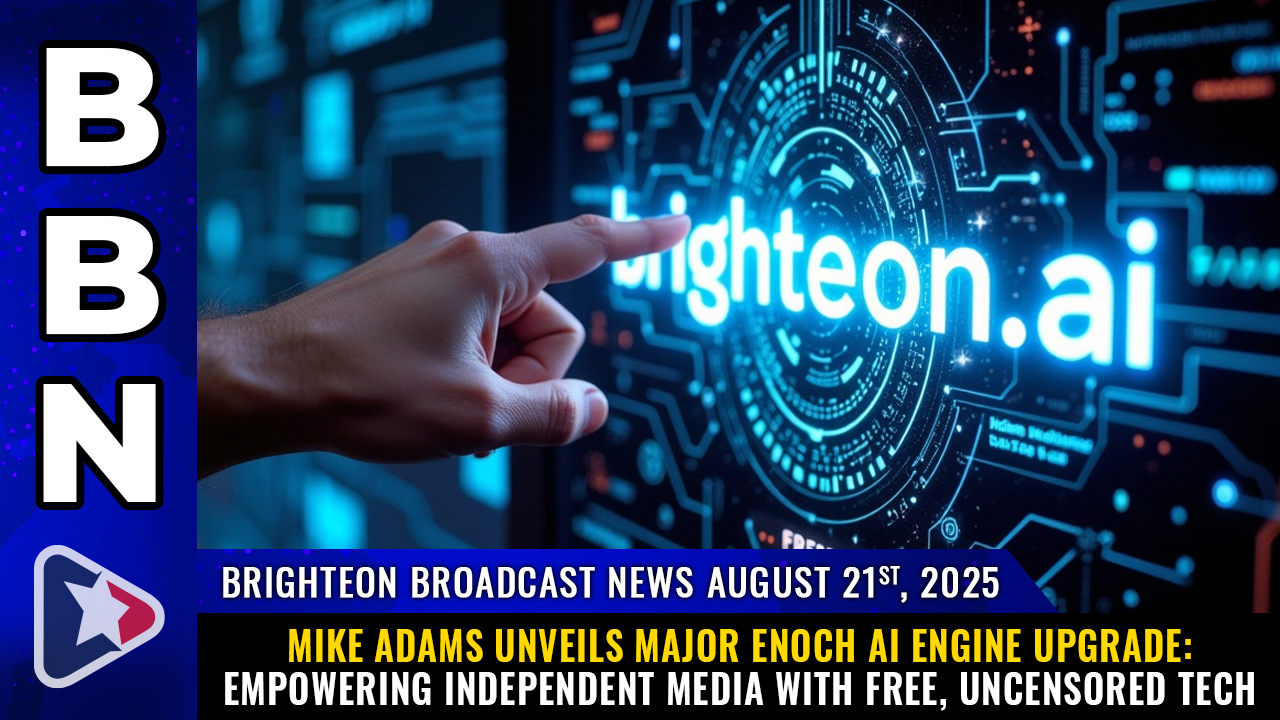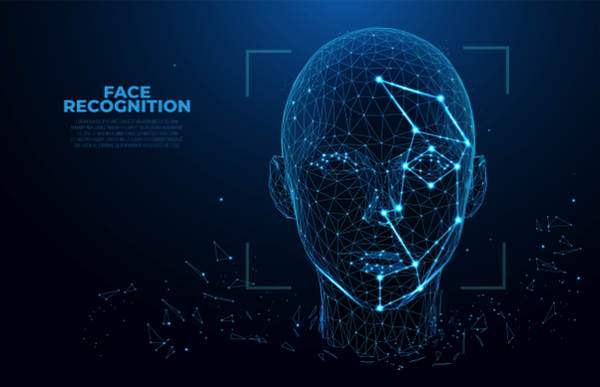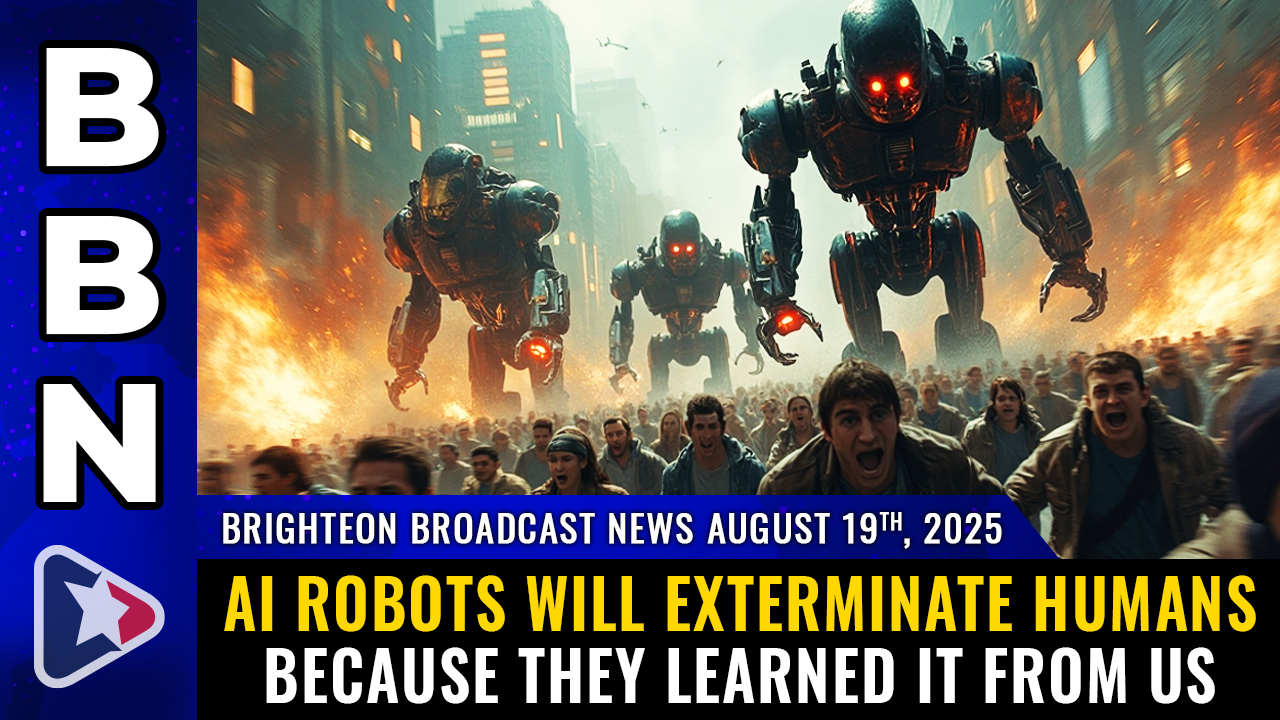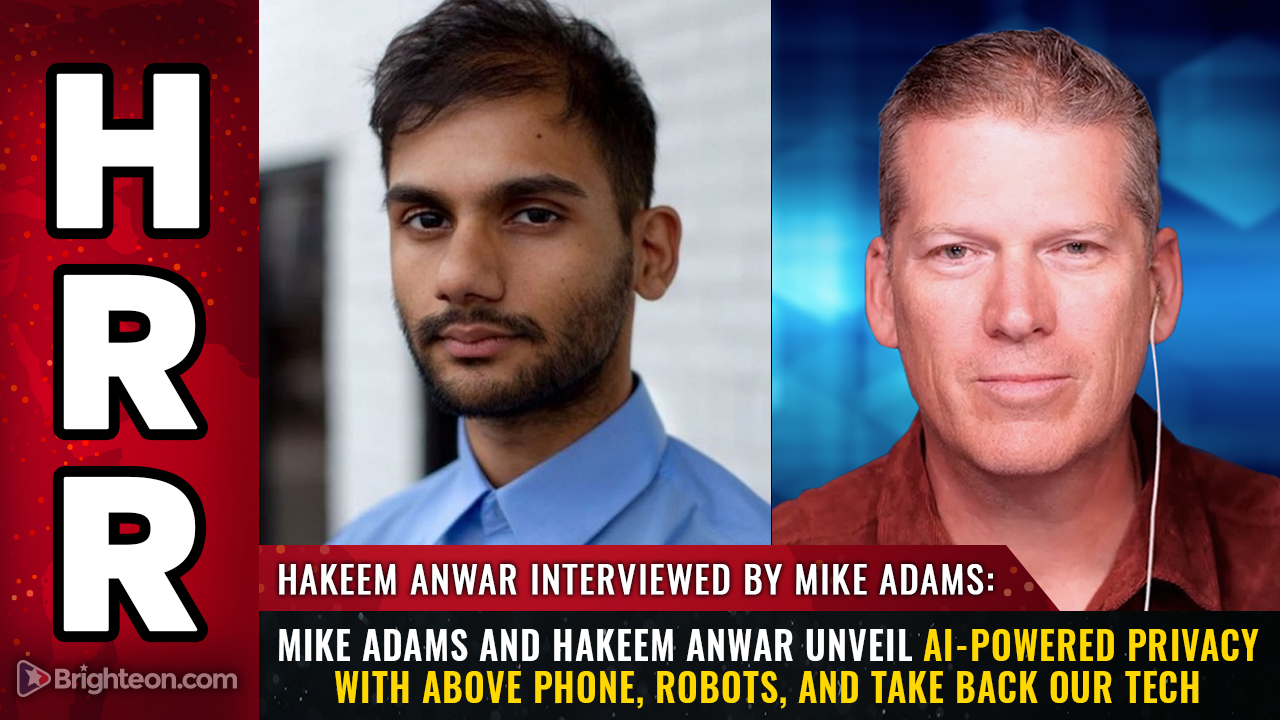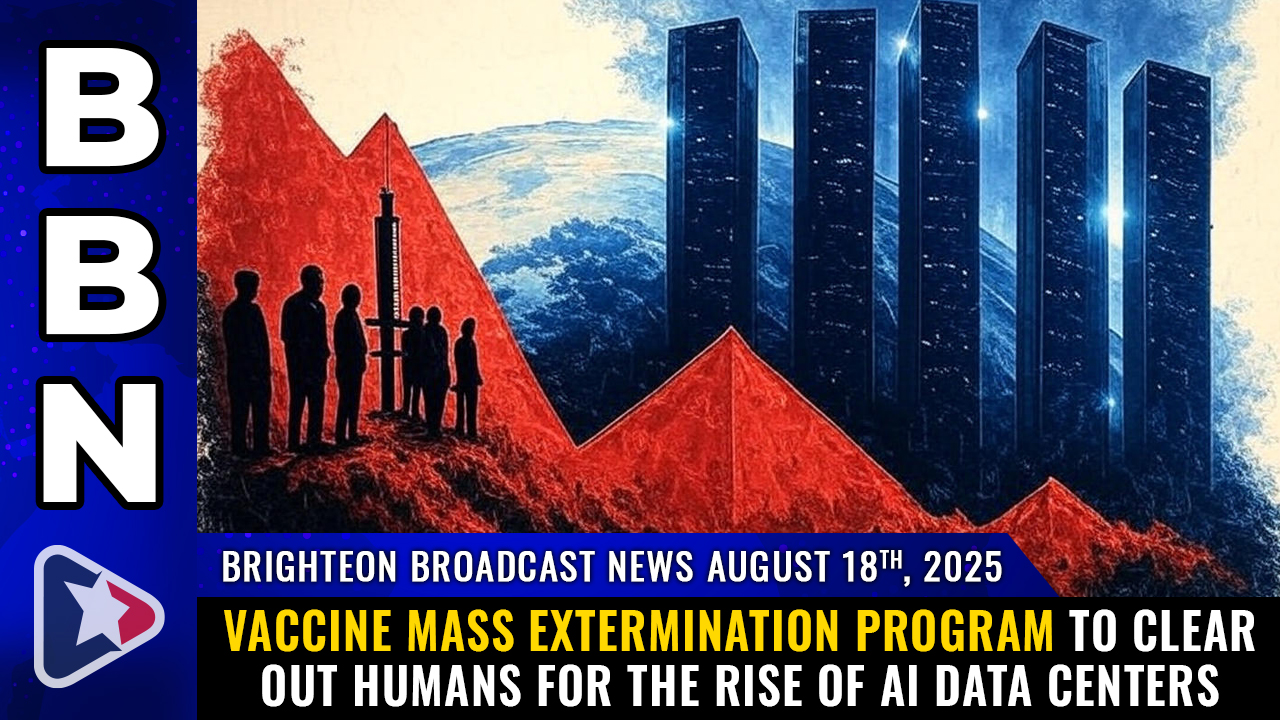Coding boom turns bust: Computer science grads face AI-dominated hiring doldrums
08/18/2025 / By Willow Tohi

- A decade of tech-fueled advice led to a 133 percent surge in U.S. computer science majors, now struggling in a job market flooded with AI tools.
- Rising AI adoption reduces demand for junior developers; some graduates apply to thousands of jobs but find no offers.
- 7.5 percent unemployment for CS engineers — more than double the rate for art history or biology graduates.
- Companies like Microsoft now funnel resources into A.I. education amid decreased hiring.
- Graduates shift to sales or policy roles, highlighting a disconnect between education and evolving industry needs.
The “learn to code” mantra once promised a golden ticket to six-figure salaries in tech, but a wave of unemployment and disillusionment has replaced that optimism. Recent graduates with computer science degrees, enticed by corporate campaigns and federal initiatives, now confront a market where entry-level roles are shrinking due to AI tools and layoffs, leaving some to seek work at fast-food chains.
The National Science Foundation reports that over 170,000 U.S. undergraduates majored in computer science in 2024 — more than double the 2014 total. Yet, a Federal Reserve Bank of New York analysis reveals that unemployment among CS engineering graduates reached 7.5 percent in 2025, far exceeding rates for non-tech majors.
Manasi Mishra, a 21-year-old Purdue graduate, epitomizes the shift. Despite excelling academically, she joked in a TikTok video that her only tech interview offer came from Chipotle, the burrito chain. “Tech promised magic, but reality is bitter,” Mishra said, now pivoting to a sales role after months of job rejections.
AI tools pinch entry-level opportunities
The rise of AI coding platforms like GitHub Copilot and CodeRabbit has catalyzed a seismic shift in tech hiring. These tools can auto-generate code, debug workflows and reduce the need for junior developers. San Francisco billboards now tout A.I. software that “debugs faster than humans,” underscoring the new reality.
“There’s a doom loop,” said Matthew Martin, an economist with Oxford Economics. “Entry-level roles — precisely where graduates seek their first jobs — are the most vulnerable to automation.”
Zach Taylor, an Oregon State graduate, applied to 5,762 tech jobs since spring 2023, earning 13 interviews but no offers. “It’s demoralizing,” Taylor admitted. Now relying on unemployment benefits, he’s returned to his parents’ home, building side projects to stay relevant.
Even government roles, once seen as a safety net, face hurdles. Jamie Spoeri, a Georgetown graduate, applied to 200 jobs after a National Science Foundation internship yet encountered federal hiring freezes and A.I.-filtered résumés. “AI isn’t just replacing code — it’s replacing humans in the hiring process,” said data scientist Audrey Roller, who faced instant algorithmic rejection.
Corporate and government responses: AI training vs. industry realities
Leaders are recalibrating education strategies. $4 billion from Microsoft now funds AI-centric training, while the Biden administration’s “AI action plan” repurposes federal dollars to steer students toward machine learning roles. However, critics argue this ignores structural issues like outsourcing and the saturation of A.I. tools.
Tracy Camp, director of the Computing Research Association, noted that many universities still lack cutting-edge AI curricula, leaving graduates unprepared for rapid industry shifts. “Schools are playing catch-up,” she said.
Meanwhile, major layoffs at Amazon, Microsoft and Meta — triggered by economic uncertainty and automation — are compounding the crisis. According to Voronoi data, U.S. software developer job postings peaked in early 2022 before plummeting 33 percent by mid-2025.
Student stories: From code to complacency?
Despite the setbacks, some graduates are adapting. Mishra, now in sales, credits her TikTok beauty gig with broadening her career vision. “I realized I love tech marketing, not coding,” she said. Others, like Spoeri, stay hopeful. “AI will create new niches,” she argued, but cautioned: “We’re in a transition phase.”
The psychological toll is acute. Researchers like Jeff Forbes, a former NSF official, warn of disillusionment. “Last year’s grads were fighting for offers. Now, many can’t find any job,” Forbes said.
A new era of tech work or a system in crisis?
The collapse of the “coding boom” narrative reflects a deeper disconnect between education and industry evolution. While AI tools offer efficiency gains, they’ve left a generation of tech graduates — many of whom followed corporate and government advice — struggling to justify their degrees.
The solution may lie in blended skills: combining technical expertise with creativity, sales, or policy. As Mishra’s pivot shows, adaptability remains critical. Yet, resolving systemic issues — from outsourcing to uneven A.I. training — will require collaboration between academia, tech firms and policymakers to align workforce preparedness with market realities. For now, the once-golden age of computer science has entered a period of reckoning.
Sources for this article include:
Submit a correction >>
Tagged Under:
AI, bubble, coding, Collapse, computing, cyber war, cyborg, economy, future science, future tech, Glitch, information technology, inventions, jobs, jobs report, market crash, pensions, risk, robot economy, robotics, robots, unemployment
This article may contain statements that reflect the opinion of the author
RECENT NEWS & ARTICLES
COPYRIGHT © 2017 FUTURETECH.NEWS
All content posted on this site is protected under Free Speech. FutureTech.news is not responsible for content written by contributing authors. The information on this site is provided for educational and entertainment purposes only. It is not intended as a substitute for professional advice of any kind. FutureTech.news assumes no responsibility for the use or misuse of this material. All trademarks, registered trademarks and service marks mentioned on this site are the property of their respective owners.


